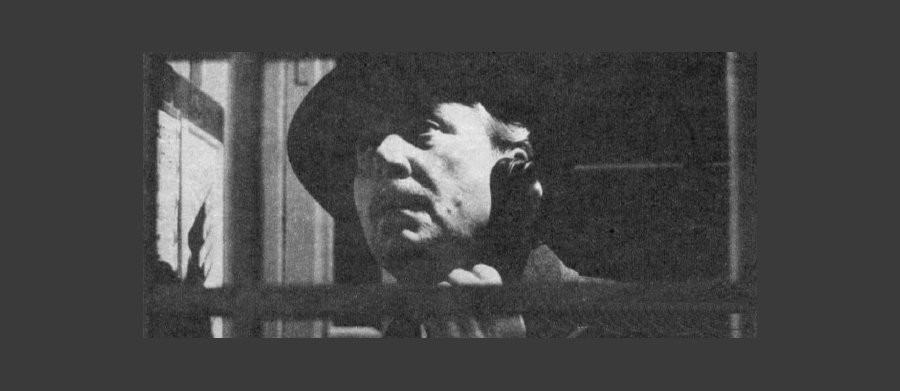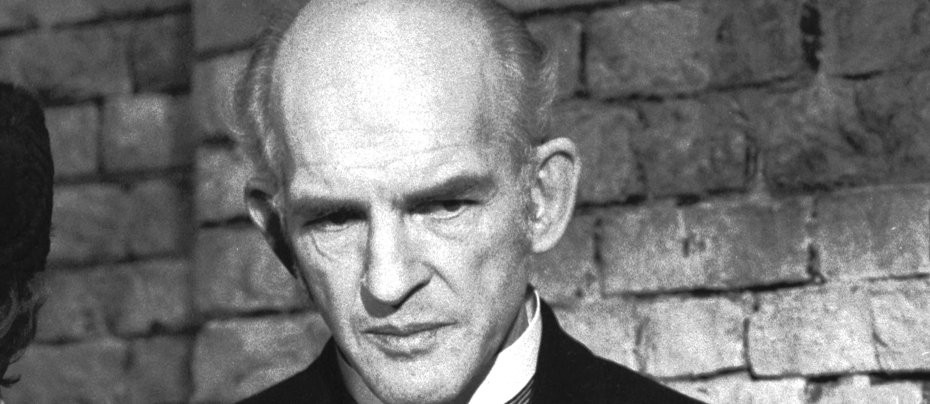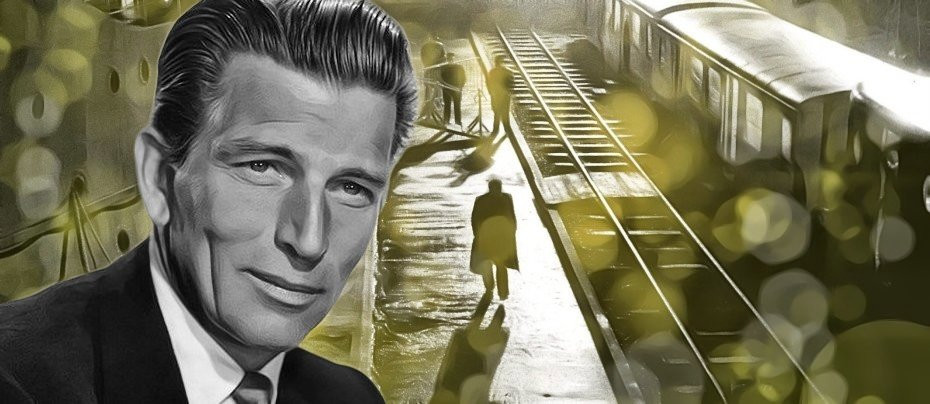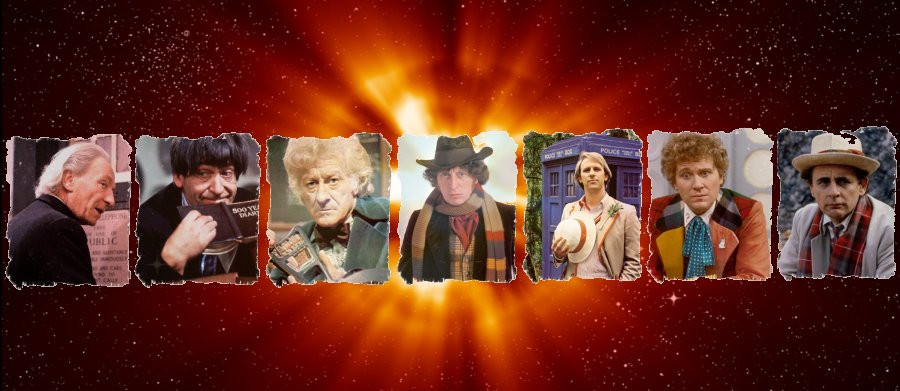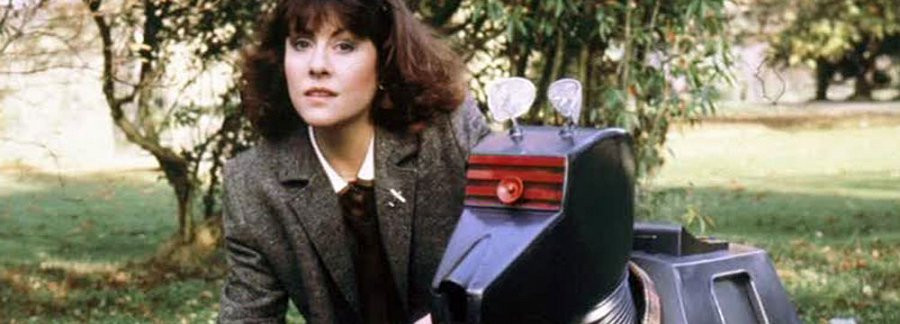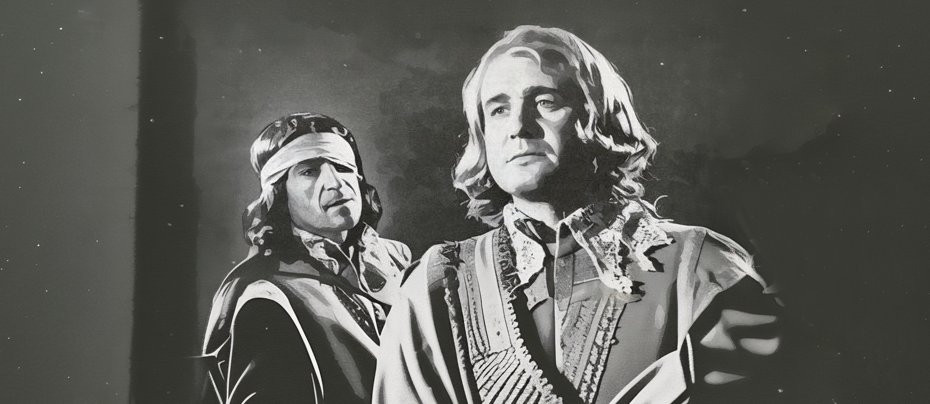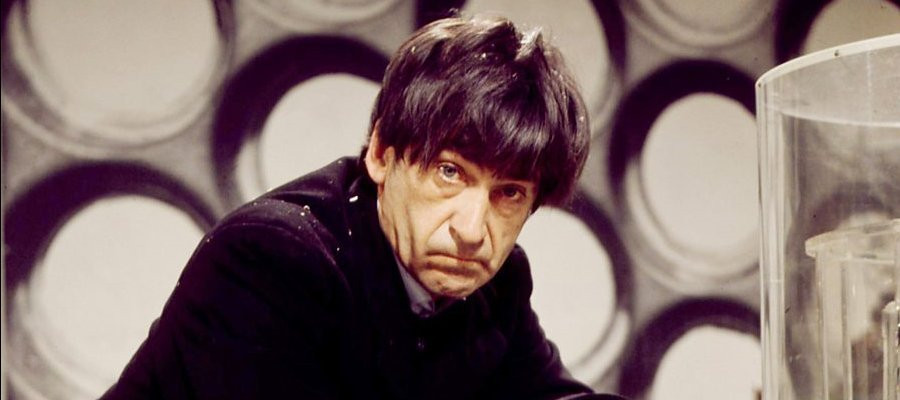The Highlanders
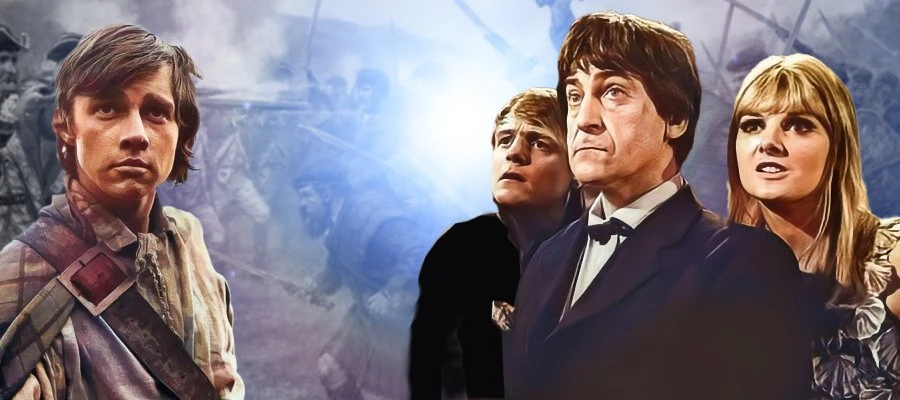
After the devastating defeat at the Battle of Culloden in 1746, members of Clan McLaren, including wounded Laird Colin (Donald Bissett), his children Alexander (William Dysart) and Kirsty (Hannah Gordon), and piper Jamie McCrimmon (Frazer Hines), flee and take shelter in a ruined cottage. Meanwhile, the TARDIS lands nearby, and the Doctor (Patrick Troughton), Ben (Michael Craze), and Polly (Anneke Wills) step out. Though Ben suspects they're back on present day Earth, a near miss with a cannonball proves otherwise.
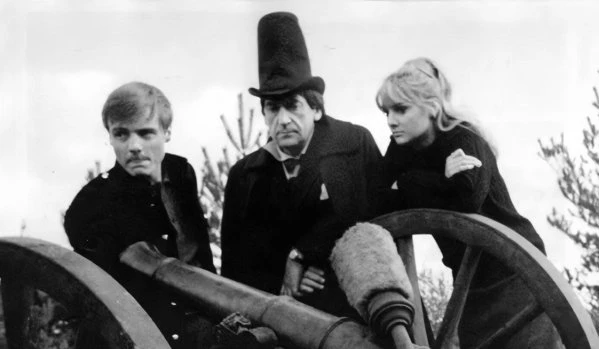
The Doctor and his companions are soon captured by the Highlanders, who suspect them of being English looters. Polly’s plea and Ben's quick action defuse the situation, and the Doctor gains the trust of the Highlanders by offering to tend their wounded Laird. A stray gunshot draws the attention of Redcoat officer Algernon Ffinch (Michael Elwyn), whose men surround the cottage. Alexander is killed trying to draw them off. The group is arrested, and Ben is nearly executed but is saved when Solicitor Grey (the only true historical figure to appear in the story – played by David Garth), a corrupt official profiting from the war by selling prisoners as slaves to the West Indies, intervenes and claims them as his own.
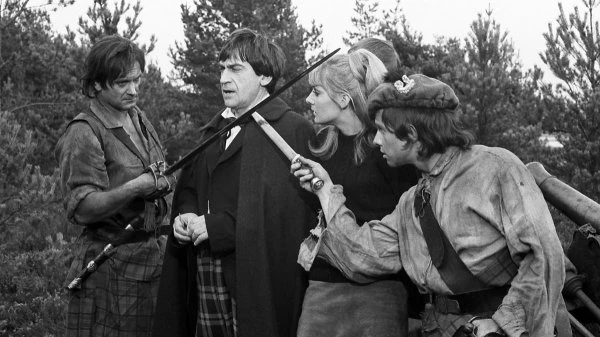
Kirsty and Polly hide in a cave and try to find ways to help their friends. Polly falls into a trap but is rescued by Kirsty. They capture Ffinch, steal his credentials, and begin plotting a rescue. Meanwhile, the Doctor uses a German disguise (“Doktor von Wer”) to influence Grey and Ffinch. He escapes captivity using clever tricks and disguises, eventually hiding in Grey's own quarters.
Onboard the ship Annabelle, prisoners including Ben, Jamie, and the Laird learn they are to be sold into slavery. Ben feigns interest in signing a contract, only to destroy it. As punishment, he’s thrown overboard, but survives and escapes with help from the Doctor. Polly and Kirsty, disguised as orange sellers, reconnect with the Doctor, who devises a plan to arm the prisoners using weapons purchased from Redcoats and Kirsty's family heirloom ring—secretly linked to Bonnie Prince Charlie—as leverage.
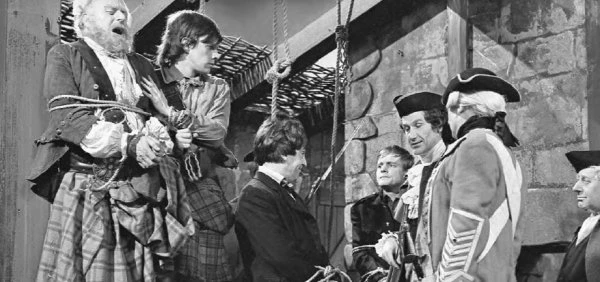
The Doctor uses the ring to manipulate Grey into thinking the prince is aboard the Annabelle. Grey and Jebb Trask (Dallas Cavell), the ship's brutal captain, are lured into the hold, where the Doctor signals the prisoners to revolt. A battle ensues, and the prisoners seize the ship. Trask is defeated and cast overboard. Willie Mackay (Russell Hunter), a betrayed sailor and true captain, takes command, steering the ship to France with the freed prisoners.
The Doctor, Ben, Polly, and Jamie use Grey as a bargaining chip to escape. When Grey tries to betray them, they confront Ffinch, who ultimately turns on Grey and has him arrested.
With the conflict resolved, the TARDIS crew invites Jamie to join them. He agrees, intrigued by the promise of travel and the Doctor's quirky ways—especially if he gets to learn the bagpipes. The group departs, leaving the Highland rebellion behind but forging a new bond with their newest companion.

Elwyn Jones, former Head of BBC Serials and recently returned to freelance writing, was commissioned to write The Highlanders after the new Head of Serials, Shaun Sutton, suggested him to Doctor Who story editor Gerry Davis—something of an "old pals act." Jones, however, had no story ideas ready, so Davis proposed using Kidnapped by Robert Louis Stevenson as inspiration. From this suggestion, the idea of setting the adventure around the Battle of Culloden emerged.
Initially commissioned under the working title Culloden, the name had to be changed, as the BBC had already produced a 1964 docudrama by that title. However, the greater issue arose some weeks later when Davis checked on the progress of the scripts and discovered that Jones had made no headway. Jones had been occupied with the second season of Softly, Softly, and hadn’t begun the Doctor Who story at all.
With time running out, Davis stepped in and wrote the scripts himself—despite BBC policy forbidding story editors from penning serials directly. Due to the urgency of the situation, the BBC made an exception: Davis could receive on-screen credit, but only if Jones was listed as co-writer. This was granted, even though Jones had no involvement whatsoever in the final script. The Highlanders would go on to be the only Doctor Who story written by Gerry Davis that did not feature the Cybermen.
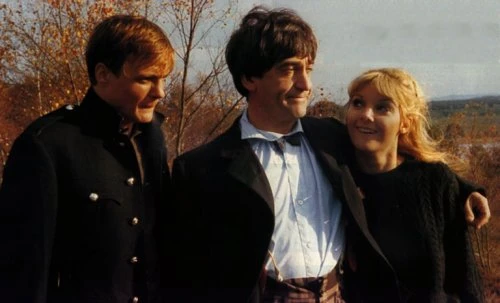
Despite the chaos behind the scenes, Davis was pleased with the finished product. He felt The Highlanders exemplified how a historical adventure should be handled. Ironically, however, it marked the end of the "pure historical" format on Doctor Who, a genre that had been a regular feature since the show’s inception. Though the 1982 serial Black Orchid was historical in setting, it was pure fiction, and every historical adventure since has included science fiction elements.
The story also marked a major turning point in the show's casting. Frazer Hines’ character, Jamie McCrimmon, was originally intended as a one-off role. However, during filming, both producer Innes Lloyd and Davis were so impressed by Hines’ performance that they began discussing making Jamie a regular companion. The final scene was initially filmed with Jamie staying behind, but this was later reshot to have him join the TARDIS crew. Jamie's late inclusion required hasty rewrites to the already completed scripts for the following two serials, The Underwater Menace and The Moonbase.
The story was directed by Hugh David who had originally been considered for the role of the First Doctor. According to The Second Doctor Handbook, this serial holds the dubious distinction of being the first to have its videotapes wiped for reuse, with the tape wiping occurring on 9 March 1967, just over two months after the broadcast of episode four. As a result, The Highlanders has become more highly regarded than it was on transmission (only a 47% appreciation) or by those who watched it. One of them, writer Mark Stammers, would later note that 'Troughton's early characterisation of the second Doctor are still in evidence, and indeed seem to be indulged by Davis's script, which includes the Doctor adopting a German accent and dressing up as an old woman and an English Redcoat.' He described it as, 'atypical of the era.'
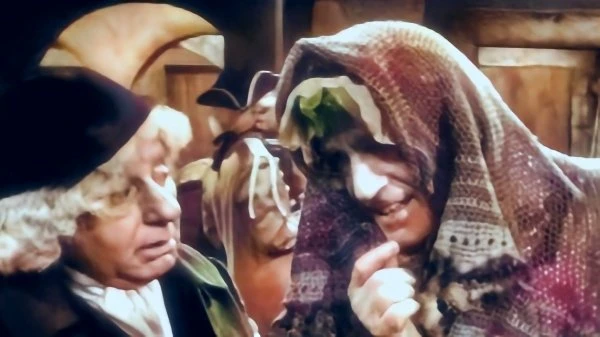
The story does have one comical moment in reference to the Doctor’s name:
The Doctor: [in German accent] Doctor von Wer, at your service.
Redcoat Sergeant: Doctor who?
The Doctor: That's what I said.


